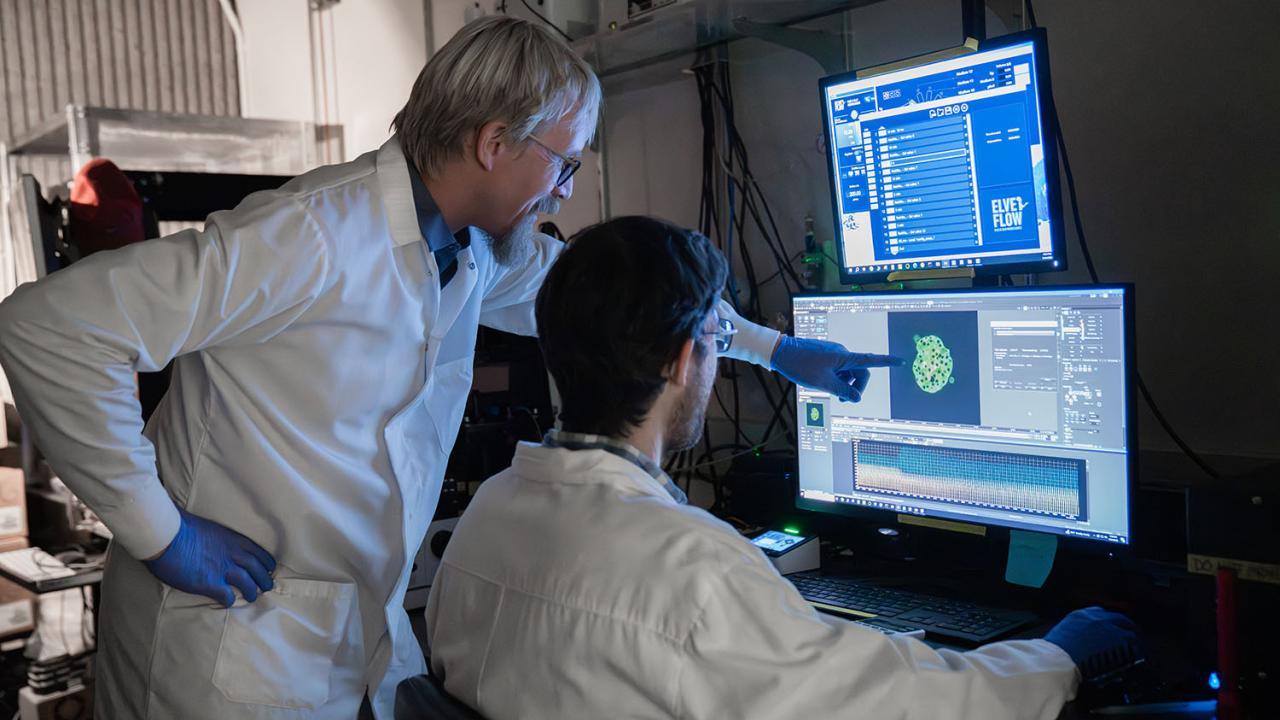
Newly Recognized Pathway Could Protect People with Diabetes from Hypoglycemia
“Delta” Cells, a Longstanding Medical Mystery, Could be Key
A new study by the University of California, Davis, shows how cells work together to avoid a sudden drop in blood sugar. Understanding these feedback loops could improve the lives of people with diabetes and help them avoid dangerous hypoglycemia.
The work was published Sept. 16 in Proceedings of the National Academy of Sciences.
People with diabetes must contend with the long-term risks of high blood sugar, such as blindness, kidney failure, and loss of circulation in the legs, which can lead to amputation. But many people with this condition also face a more immediate danger that can strike without warning: blood sugar that drops dangerously, which can cause unconsciousness. This can occur due to the insulin and other medications that they take.
